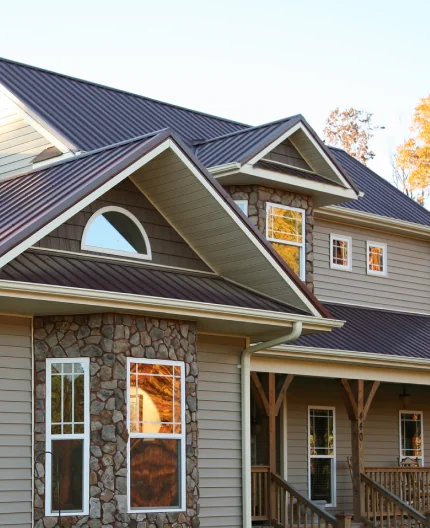Is Buying a Cabin Worth the Investment?
Published on Thursday March 9, 2017What’s dreamier than having your own retreat? Buying a cabin means fun is literally over the horizon. You always know that a refuge from work, traffic, and stress is out there waiting for you.
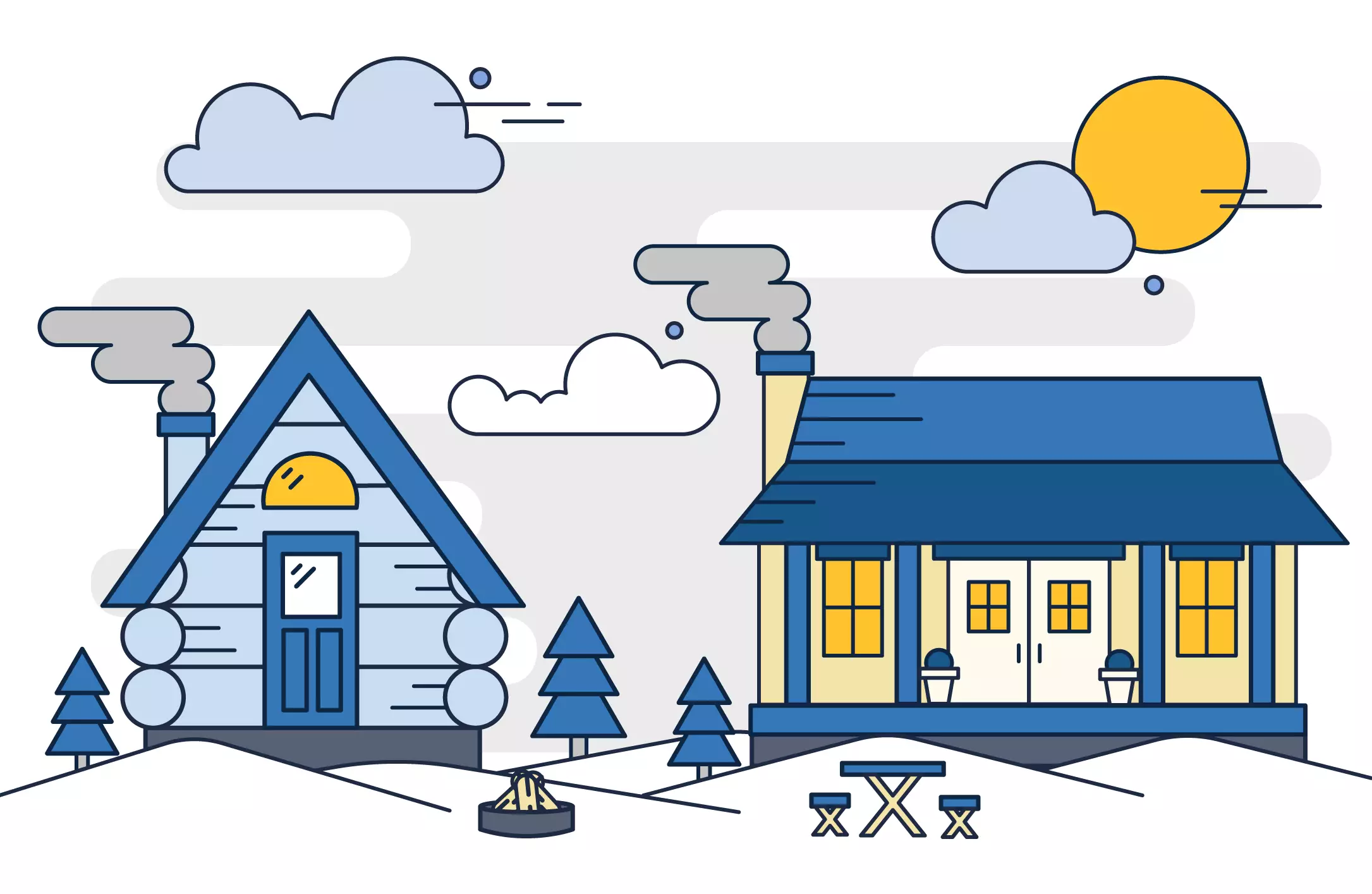
Less fun: a summer cabin comes with a lot of responsibilities. Once you pick a spot — whether it’s in Maryland on Chesapeake Bay, the Blue Ridge Mountains lining the western edges of North Carolina, or the Alleghenies coursing through central Pennsylvania — you have to make sure your property doesn’t get damaged by weather, pests, or intruders while you’re away.
A summer cabin is like having a second home, and you must consider the same maintenance that comes with homeownership. Eventually, you need a roof replacement. You need new windows. You have to buy insurance.
A cabin can be a good investment if you buy one in the right location, keep it in top condition, or use it as a vacation rental. But it’s important to make the decision carefully and learn the pros and cons of buying a cabin because it isn’t guaranteed to be a good investment.
Let’s explore the ins and outs of owning your own summer cabin, cottage, or condo.
Pros and cons of owning a cabin
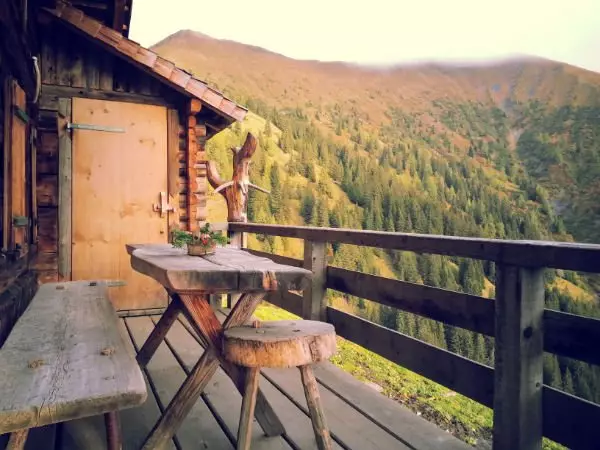
Pro: You have your own vacation home.
It’s all about the three-day weekends, right? What’s better after a hard week than escaping to recharge in a picturesque, mid-Atlantic setting. Forget renting — you have a summer cabin stocked with everything you need. Settle in and make some memories.
Con: Maintenance can get expensive.
One of the most challenging aspects of owning a summer cabin is maintenance. Upkeep and repairs are costs some second home buyers fail to take seriously enough. Even if you only use your summer cabin a few times a year, you have to keep up with repairs.
Weather, nature and possibly even uninvited guests aren’t necessarily going to leave your summer cabin alone.
Vacation homes near beaches — think a cottage or condo on Chincoteague Island — or mountains — imagine a Shenandoah nature retreat — tend to see exposure to more seasonally extreme weather, from hurricanes to snowstorms.
The elements and even pests can affect vital house systems in an unattended abode like siding, roofing, windows and more. You don’t want to start off your summer vacation having to eradicate ants from your kitchen or relocate a gaze of raccoons from your fireplace.
If you plan on buying a cabin, work with local contractors to ensure your property doesn’t have any vulnerabilities to weather and pests.
That includes potential roof issues, including missing shingles, rotting eaves or compromised flashing. Loose or blemished roofing and siding materials can lead to leaks and additional damage.
Also — and this may seem obvious — be sure you have a strong door and secure windows to deter thieves.
Tip: Connect with a reputable contractor in your area every year. This person can give your summer cabin an annual inspection to let you know if any issues need to be addressed. You’ll also know who to call in case of emergency. Budget to update or repair big-ticket items like roofing or windows to keep your little homestead dry and secure.
Pro: A summer cabin or vacation home is a nifty source of income.
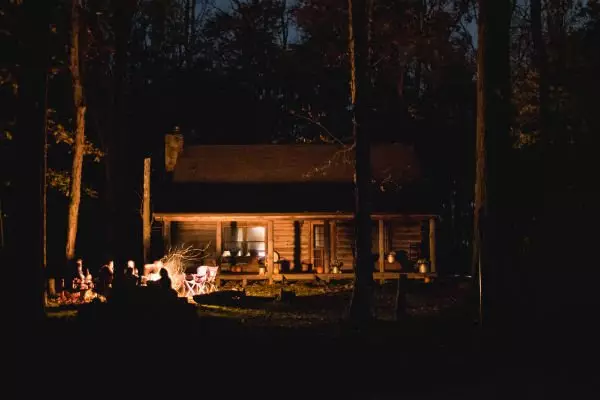
Purchases of vacation rentals are historically high, according to the National Association of Realtors. Some people choose to buy second homes as an accessible, convenient vacation destination, but other factors include:
- The getaway. A nearby property that you and your family can access quickly and on-demand.
- The investment property. Make a little cash on the side while you’re at work.
- A future home. How would you like to live in that summer cabin someday?
Your second property can combine all three. You a.) buy a getaway that b.) you rent when you’re not using it and c.) plan to live there someday.
Vacation homes in popular destination areas tend to appreciate in value over time — think proximity to a historic site like Harpers Ferry / Maryland Heights, or a beach mecca like Ocean City. The National Association of Realtors notes that buyers generally opt for the following types of locations:
- 40% choose to buy in a beach area.
- 19% make a move to the mountains.
- 19% love living along a lake front.
How often do you plan to visit that sweet summer cabin? Plan accordingly to set yourself up for smooth financial sailing. A second home can be a potential short-term income-earner or long-term investment.
Con: Tax rules can be tricky to navigate.
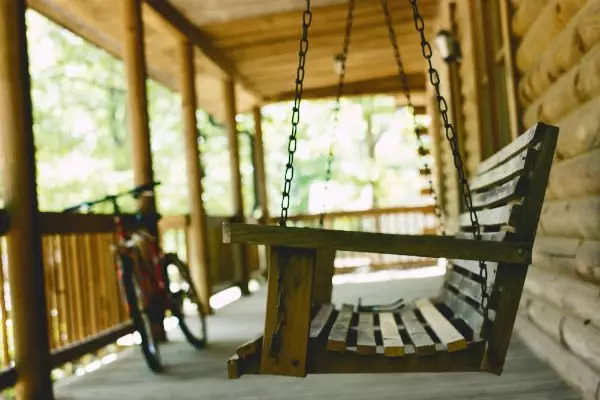
Beware the tax rules that apply to rentals! Depending how often you rent and use your property, you may find yourself having some uncomfortable conversations with Uncle Sam.
“As of 2010, if you currently own a second home for personal use, you are allowed to rent it to another party for up to two weeks (14 nights) without reporting any of the income,” writes Andrew Beattie of Investopedia.com.
“On the flip side, a second home is considered an investment property if you spend less than two weeks in it and then attempt to rent it the rest of the time.”
Do you plan to earn investment income from your second home? Keep in mind that the times your home is in highest demand are probably the times you want to be there, too. Your summer cabin is much less of a getaway when another family is bunking up instead.
Get some help: Hire a real estate agent with experience dealing with second-home purchases and an accountant who can help you navigate the tax intricacies with vacation and investment properties.
Rental sites like Airbnb and HomeAway allow you to advertise your property to those looking for short-term rentals. Hiring a local management firm to handle rentals on your second home is another option that could be more hands-off, but also more expensive — those companies want a piece of the action.
Looking for a home improvement contractor?
The Long family has served the home improvement needs of families for over 7 decades.
If you are looking for new windows or a new roof, please contact us online. We invite you to check out reviews of our work at GuildQuality.com.
Interested in Long Home Products?
See our special offers now.
*Excludes labor. Subject to credit approval.
**Excludes labor. Subject to credit approval.
One-day installs contingent upon municipal rules and regulations.
By submitting a form, I authorize Long Home to contact me with information about its products and services via mail, email, phone and/or text at the contact information provided, even if I am on the national do not call list. Long Home may use automated telephone technology to initiate calls to its customers. Calls and in person estimates may be recorded for quality and training purposes.






